Hungarians are actively engaged when it comes to key issues that determine the future of the country. This is clearly shown by Voks 2025: according to Prime Minister Viktor Orban’s Thursday update, over one million votes have already been cast regarding Ukraine’s accelerated EU accession. He described this as a fantastic result, potentially exceeding all expectations. The ballots were only sent out to citizens less than a month ago, with the last envelopes arriving just Thursday—making the number of responses at this early stage particularly noteworthy.
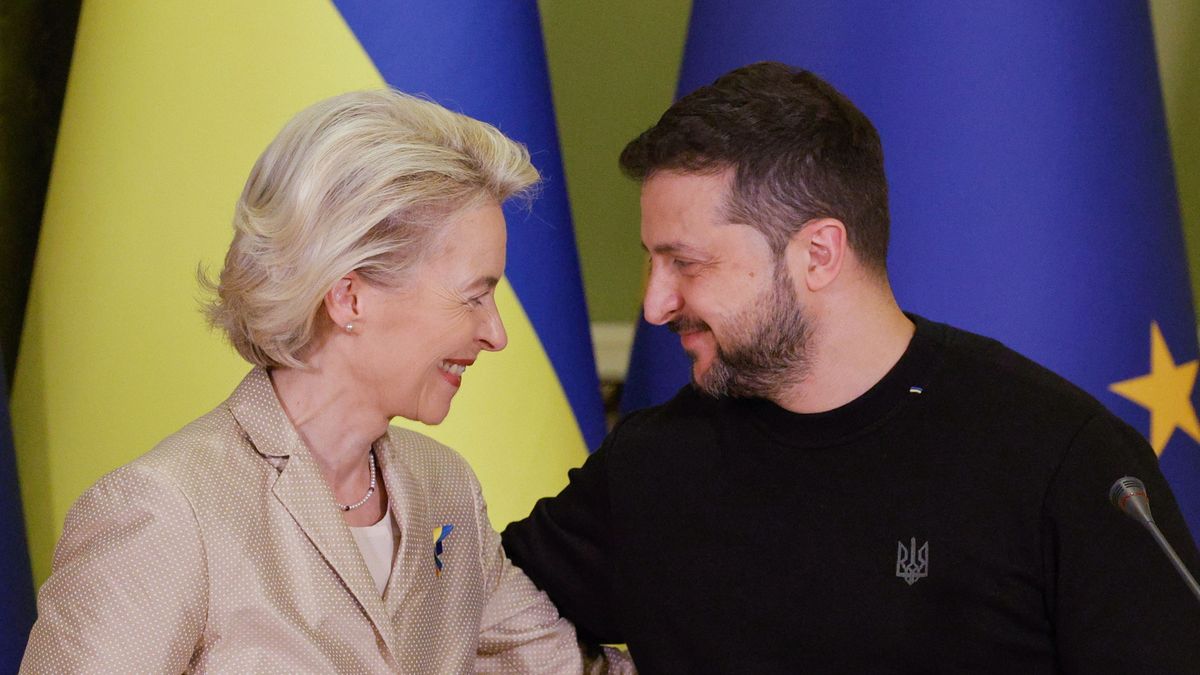
The Hungarian government has repeatedly stated that the EU’s plan to admit Ukraine through a fast-track process carries multiple serious risks.
Ukraine’s accession, they argue, could lead to financial collapse within the EU, and would be particularly disadvantageous for Hungary and the Central European region. Hungary would lose agricultural subsidies, the war would pose security threats, organized crime could endanger public safety, and the labor market, healthcare, and pension systems could all be jeopardized. It’s worth noting that the largest group in the EP, the European People’s Party (EPP) led by Manfred Weber, is a staunch supporter of Ukraine’s EU membership.
Hungarian opposition Tisza Party, led by Peter Magyar, is a member of the EPP. In its own internal vote, the Tisza Party concluded that Hungarians back Ukraine’s EU membership—but the credibility of this vote is questionable, as it likely only attracted Tisza sympathizers.
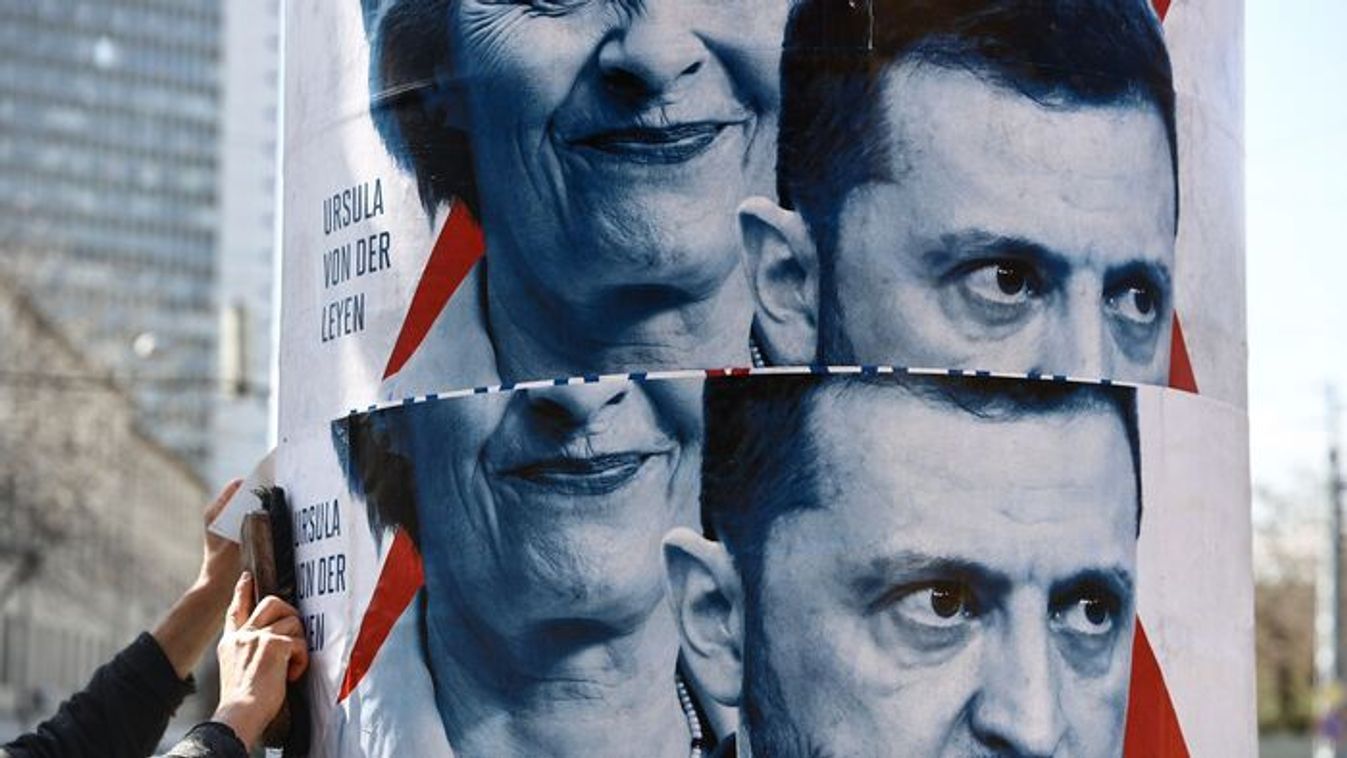
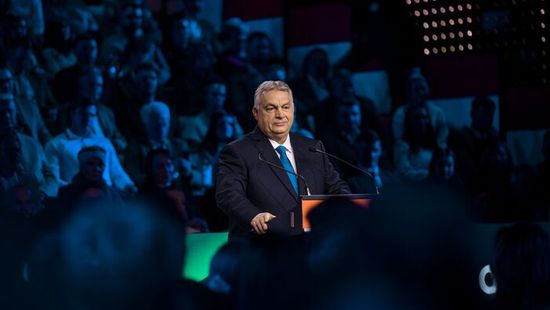

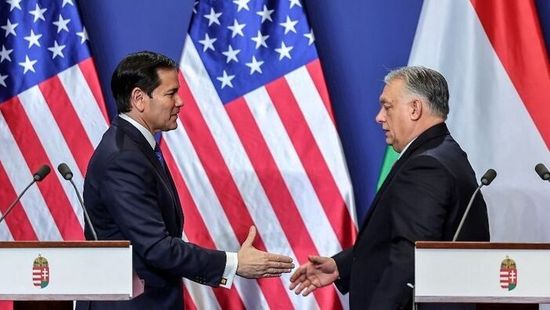
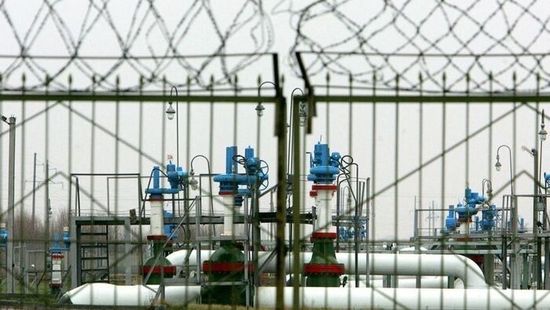

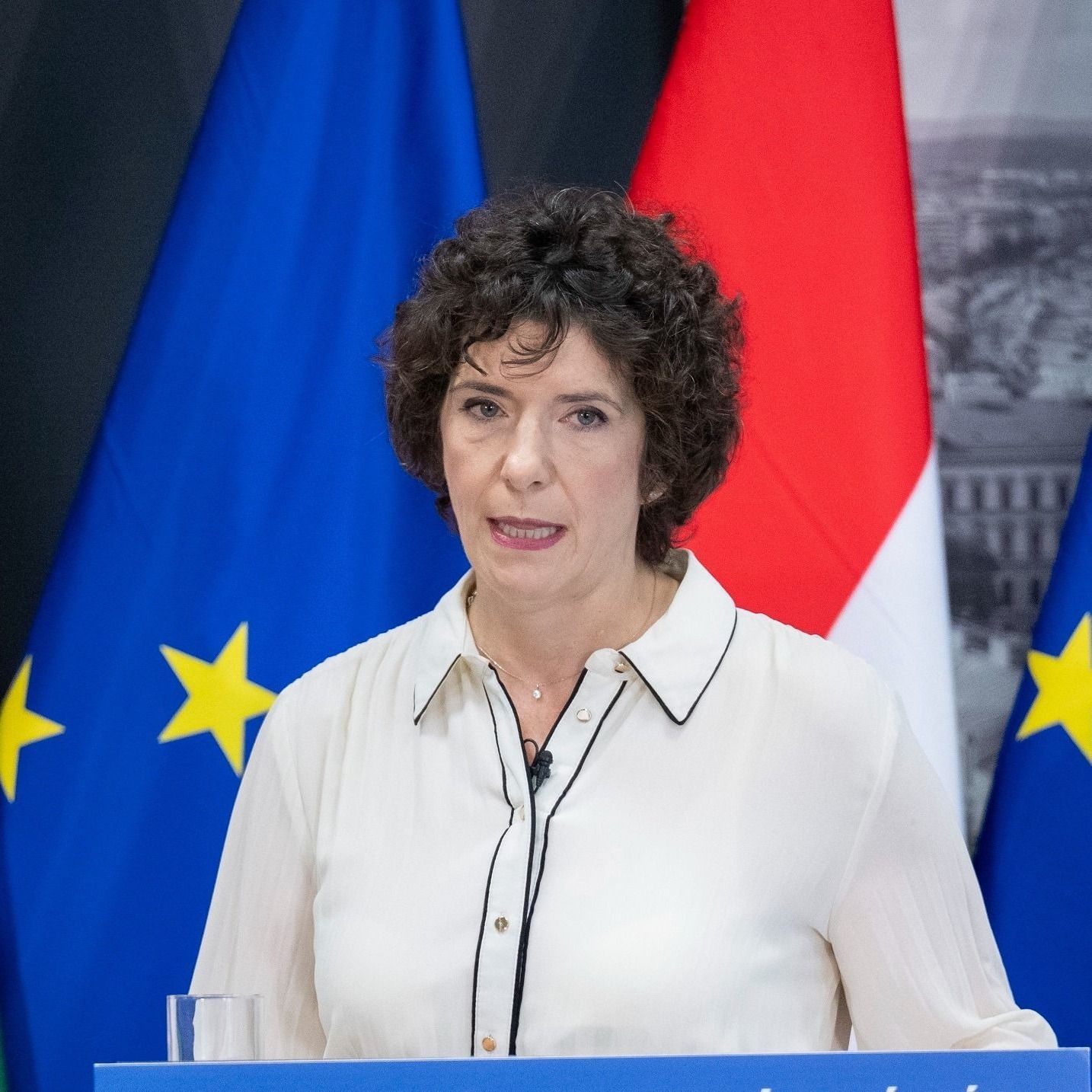

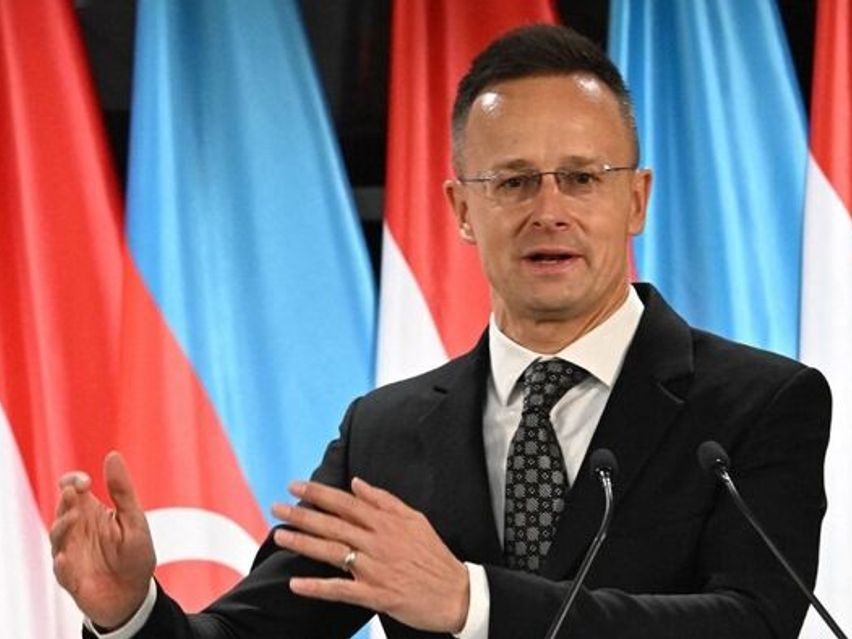


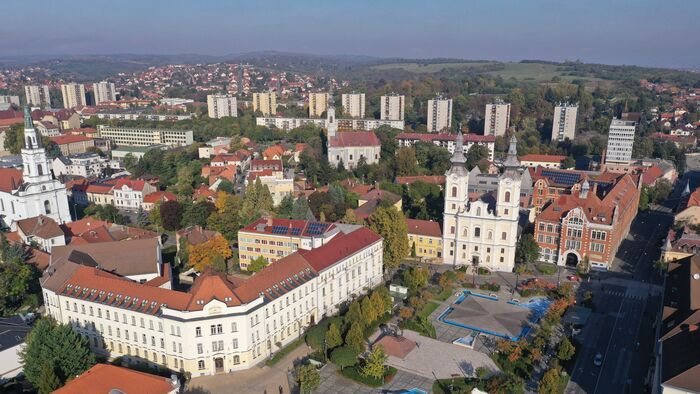

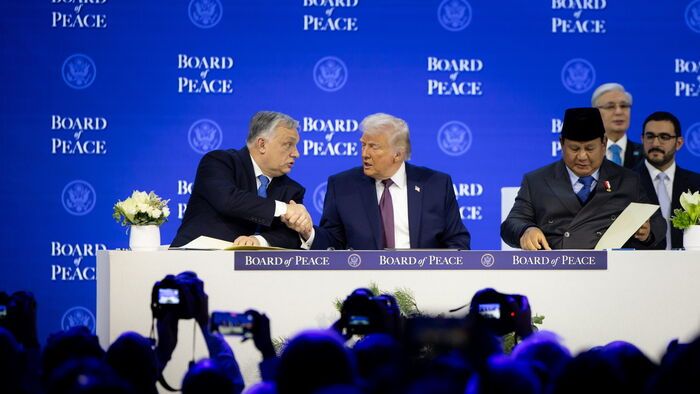
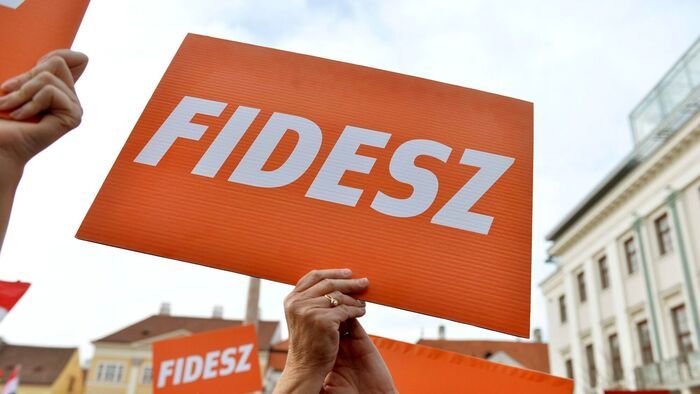
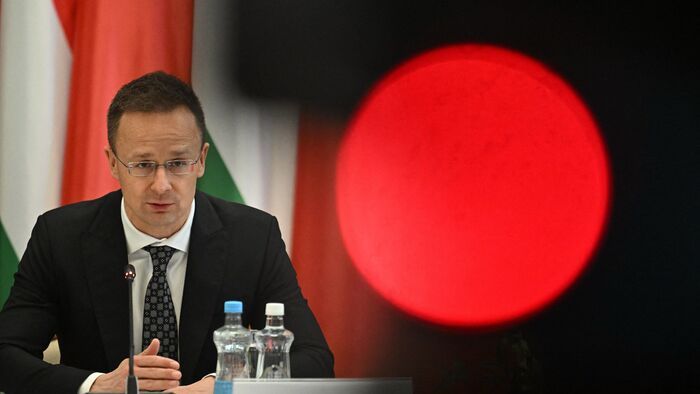
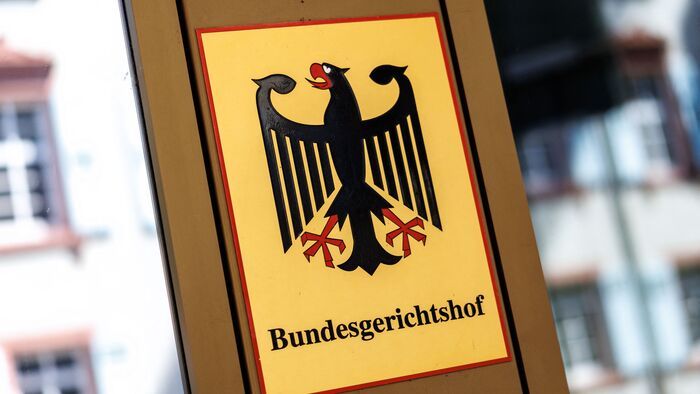
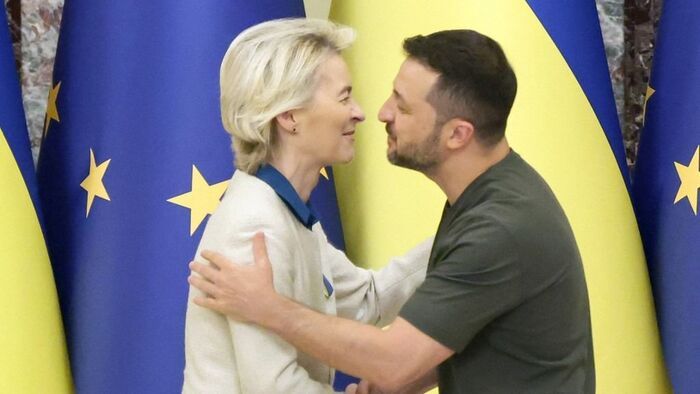

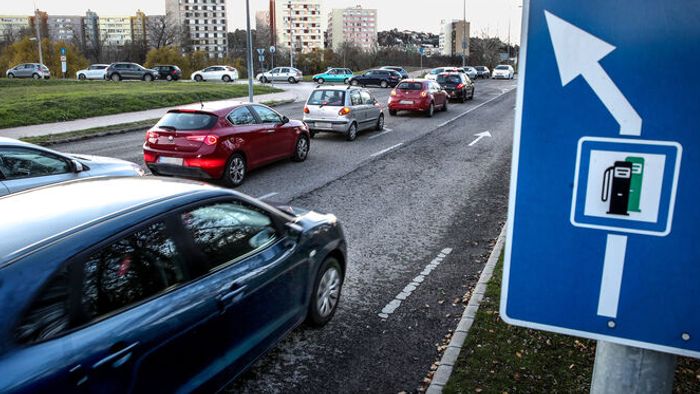



Szóljon hozzá!
Jelenleg csak a hozzászólások egy kis részét látja. Hozzászóláshoz és a további kommentek megtekintéséhez lépjen be, vagy regisztráljon!